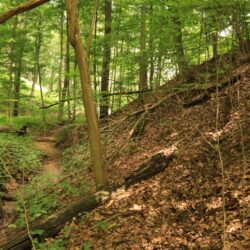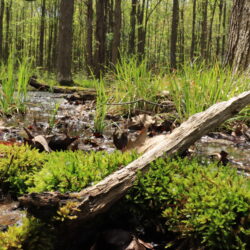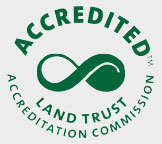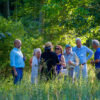How to Protect Your Land
COL can work with you to protect your land in two ways: by placing a conservation easement on it or by making it a nature preserve.
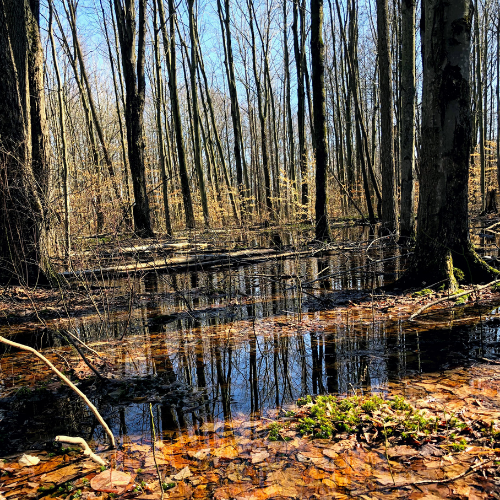
Conservation Easement
A conservation easement (CE) is a voluntary legal agreement between a landowner and a land conservancy like COL. An easement permanently protects and preserves the land. Placing an easement allows landowners to protect the natural or agricultural landscape of their property while retaining ownership. The terms of an easement may be dependent upon the individual landowner's desired use of the property, but generally extinguishes development rights and limits or prohibits any activity that would disturb significant natural or agricultural features of the property. A CE is placed on the land in perpetuity, and while a landowner may sell or bequeath the protected property, the terms of the easement remain in place for future landowners. We accept and hold CEs through landowner donation or, in the case of exceptional properties, purchase via a bargain sale.
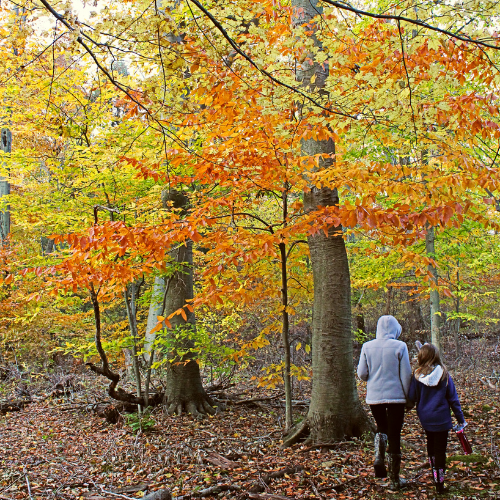
Nature Preserve
COL also owns properties which the organization manages as nature preserves. In general, these properties are open to the public for passive recreation, scientific research, and other educational activities. COL nature preserves are managed to protect the native plant communities and wildlife habitat; to conserve wetlands, streams, and rivers for improved water quality; and to provide local communities and the general public with natural open spaces for recreational and educational opportunities. We acquire property for nature preserves through landowner donation, community fundraising, or purchase for unique and exceptional properties.
There are many potential tax benefits associated with donations and bargain sales of land or conservation easements. Landowners are advised to seek professional counsel to determine the possible legal and tax benefits available from a donation or bargain sale.
If you would like to protect your land for future generations, please contact COL at (269) 405-1006 to discuss the options available to landowners.




